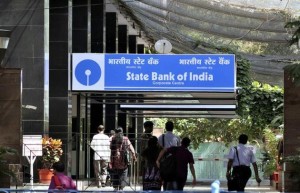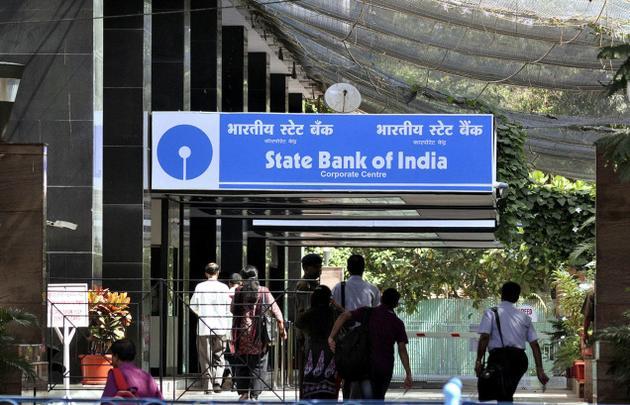 Expressing its concern over the adverse effects of demonetisation drive announced in November 2016, public sector lender State Bank of India (SBI) has said that the process may continue to result in slowing down of the economy, and adversely affect its business.
Expressing its concern over the adverse effects of demonetisation drive announced in November 2016, public sector lender State Bank of India (SBI) has said that the process may continue to result in slowing down of the economy, and adversely affect its business.
“The long-term impact of this move on the Indian economy and the banking sector is uncertain,” said SBI.
“The preliminary placement document to investors contains forward-looking statements that involve risks and uncertainties. Further, the financial performance may differ from “such forward-looking” statements as a result of certain factors,” added the bank.
“Increased competition may have an adverse effect on the net interest margin and other income and if the bank is unable to compete successfully, its profitability may decline. The note ban move could also result in an increase in compliance costs and higher incidents of fraud,” said SBI.
“Demonetisation drive has led to the rise in share of Current Account, Savings Account (CASA) deposits, in aggregate deposits by 4.10 per cent to 39.30 per cent (as of Feb 17, 2017).This has resulted in a reduction in the cost of aggregate deposits, and banks have lowered their term deposit rates,” said a Reserve Bank of India report.
Elets The Banking and Finance Post Magazine has carved out a niche for itself in the crowded market with exclusive & unique content. Get in-depth insights on trend-setting innovations & transformation in the BFSI sector. Best offers for Print + Digital issues! Subscribe here➔ www.eletsonline.com/subscription/





















